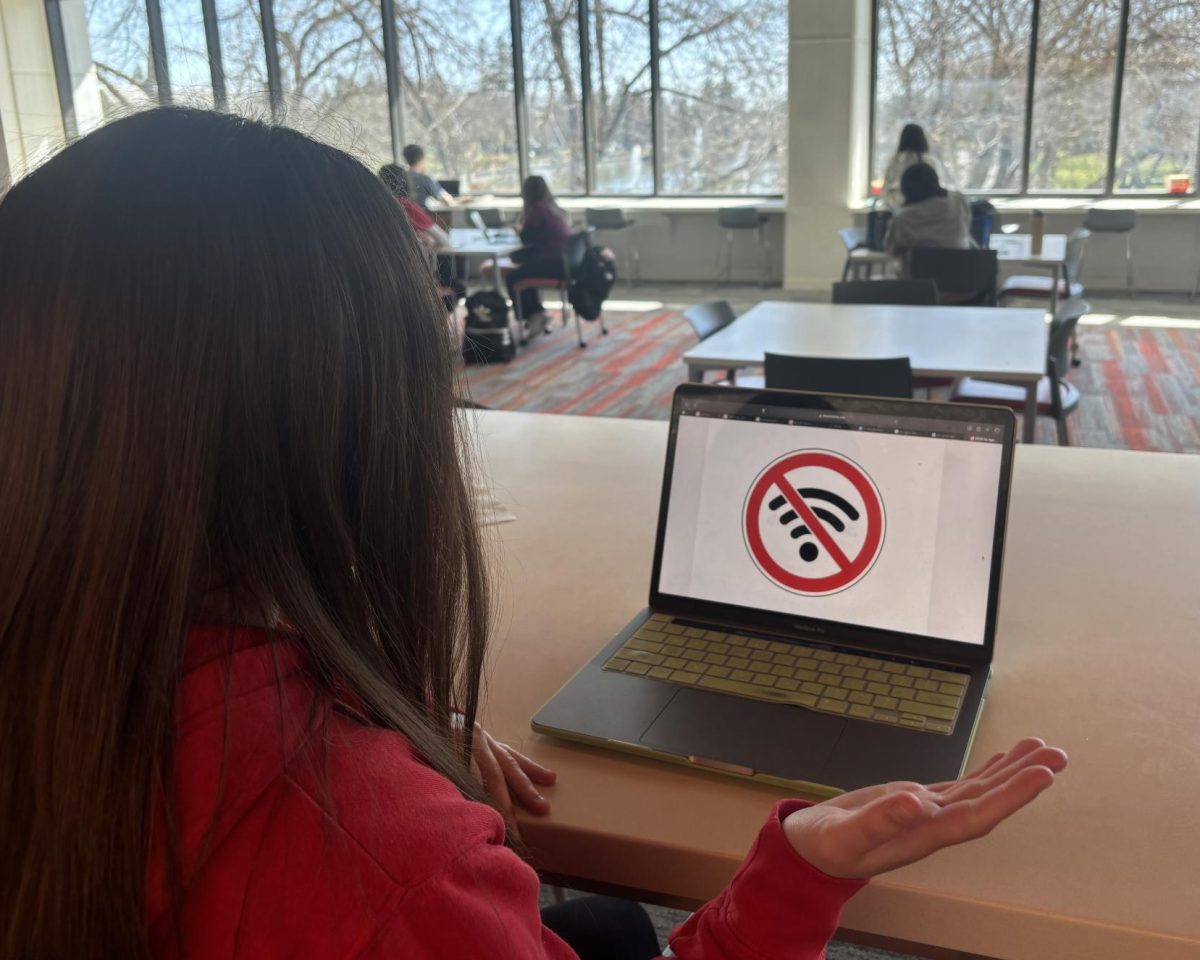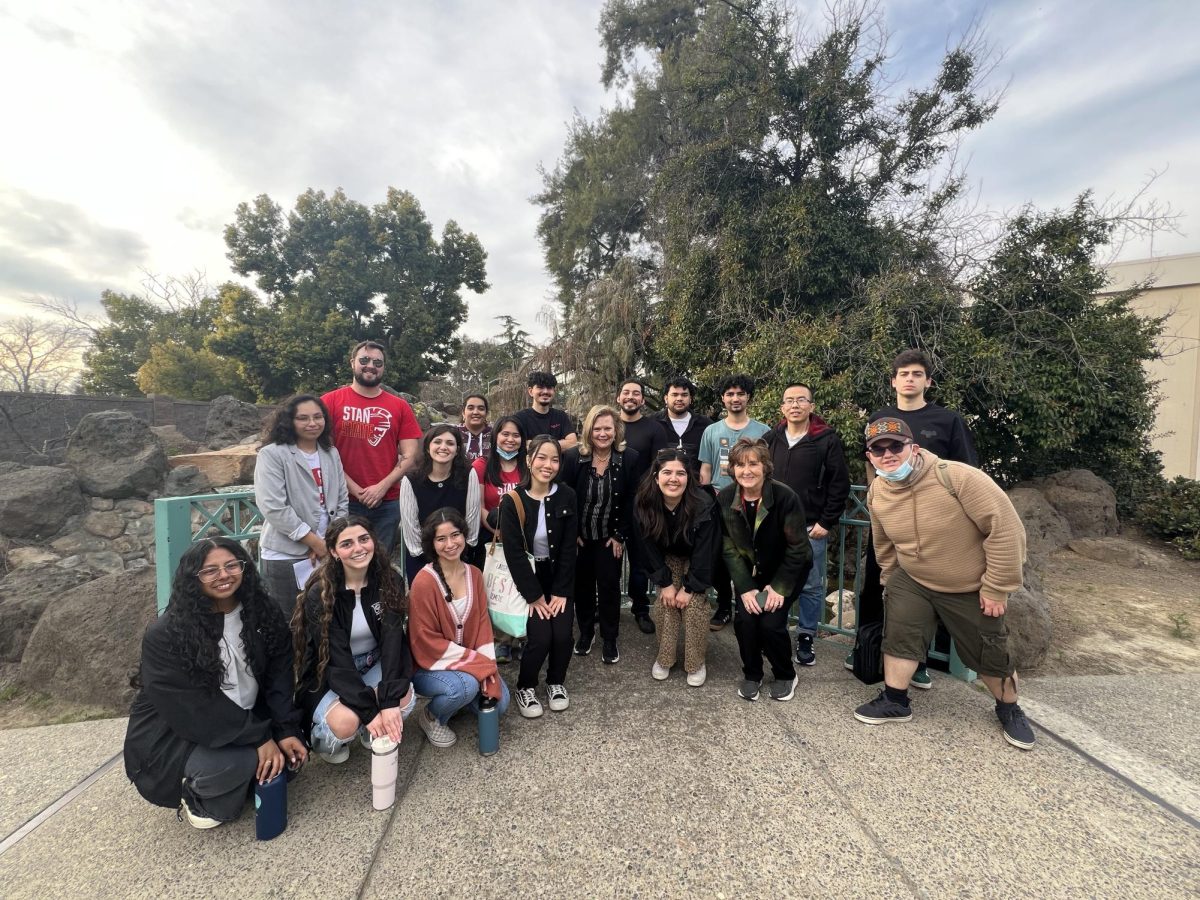The registration for summer courses is currently open to students now until May 15th.
When students are asked, “What are you doing for this summer?” Their response most of the time isn’t an enthusiastic “going to school.” However, students have the option to take them and in fact, some students actually recommend taking them.
Denae Davis, who graduated from Stan State in Spring 2018 with a BA in Sociology and is now in the Master of Social Work Program, has high praise for her experience taking summer classes citing them allowing students to finish faster and keep them on track to graduating. Davis said, “If you’ve changed your major multiple times, summer courses can help you get back on track to graduate when you anticipated.”
Davis also cited that the benefits of the online summer courses provided, which allowed flexibility to travel plans, as well as the effective use of time. Davis said, “Don’t get me wrong, I love and prefer in-person learning, but accelerated courses don’t leave time for nonsense… you get your information and you’re done.”
Meanwhile, professors think there are also benefits to teaching these summer courses.
Dr. Athinodoros Chronis, a professor in the management operations and marketing department, mentioned the extra pay received from teaching summer courses, but his main is on the fun that he gets from the experience. Dr. Chronis said, “Usually those summer courses are basic that a lot of students need…it gives you the feeling that you help because I know that students want to expedite their whole graduation processes and so I think that’s fun.”
Dr. Orestis Panagopoulos, a professor in the Computer Information Systems, also mentions the benefits of smaller classes size. Dr. Panagopoulos said, “In comparison to the Fall or Spring semesters, the setting is more intimate and the focus of the class can be more catered to the knowledge and interests of the small group of students. Additionally, I find that during the summer students are more eager to participate on an individual level due to the smaller class size.”
However, summer courses are not perfect and there are drawbacks that are present in summer courses.
With students, the most common problem with enrolling in summer courses is tuition.
In order for a student to receive financial aid for the summer, students must complete a Summer 2019 Financial Aid Application to the Financial Aid department after registering for classes.
Noelia Gonzalez, the Director of Admissions and Financial Aid, explains that Fall and Spring semesters contribute to the type of financial aid that students receive for summer courses. Gonzalez said, “Summer 2019’s aid will be based on how much funding the student has already used during fall 2018 and spring 2019. Students are typically eligible for the Federal Pell Grant, Federal Student loans, and a Summer Grant.”
Gonzalez added the components that are taken into consideration before disbursing financial aid to students. Gonzalez said, “We review a student’s Cost of Attendance/Budget for the summer, their remaining eligibility from fall and spring, their Estimated Family Contribution, and finally the number of units they are taking during the summer term. We also review the student’s academic progress.”
Even with financial aid being offered, students, like Bethany Hewitt (junior, Liberal Studies), had trouble with the tuition with summer courses. Hewitt said, “Summer classes were very expensive. For me to attend college, I have to have financial aid, and not having financial aid available during that summer semester was a struggle, but it was a class that I needed to take in order to stay on track.”
Apart from tuition, one of the other negatives is the availability of upper-division classes that are needed for students, like Rachel Riojas (junior, Sociology, Child Development). Riojas said, “I am a Sociology major and a Child Development minor and there are hardly any classes available in the summer term that I need to graduate.”
Dr. Vickie Harvey, a professor in the communication studies department, while stating that the smaller classes sizes for summer courses are the reason why she enjoys teaching them, she also mentioned the drawbacks of the smaller class size creating “more responsibility to participant since there aren’t as many voices.”
Dr. Harvey explains that this could be a challenge for students still in search of their voice. She said, “They feel pressure to speak up but may be uncertain of how to best do this or how to do this at all. Students who enjoy talking may dominate the classroom. This means there is more responsibility for the instructor to help students find their voices and help those who already speak to learn when to participate and when to hold back.”
However, Dr. Harvey added that even though this is a drawback, it is not impossible to “overcome with practice and patience.” Dr. Harvey said, “For the students, it is a challenge they can accept and find their voices or become aware of how much their participation makes to the learning process.”
The pros and cons of summer classes vary. Students and professors see both the value and the drawbacks in them. With summer courses now open for registration, students will have the option to weigh in the pros and cons in order to determine if they should register for a summer course or not.













